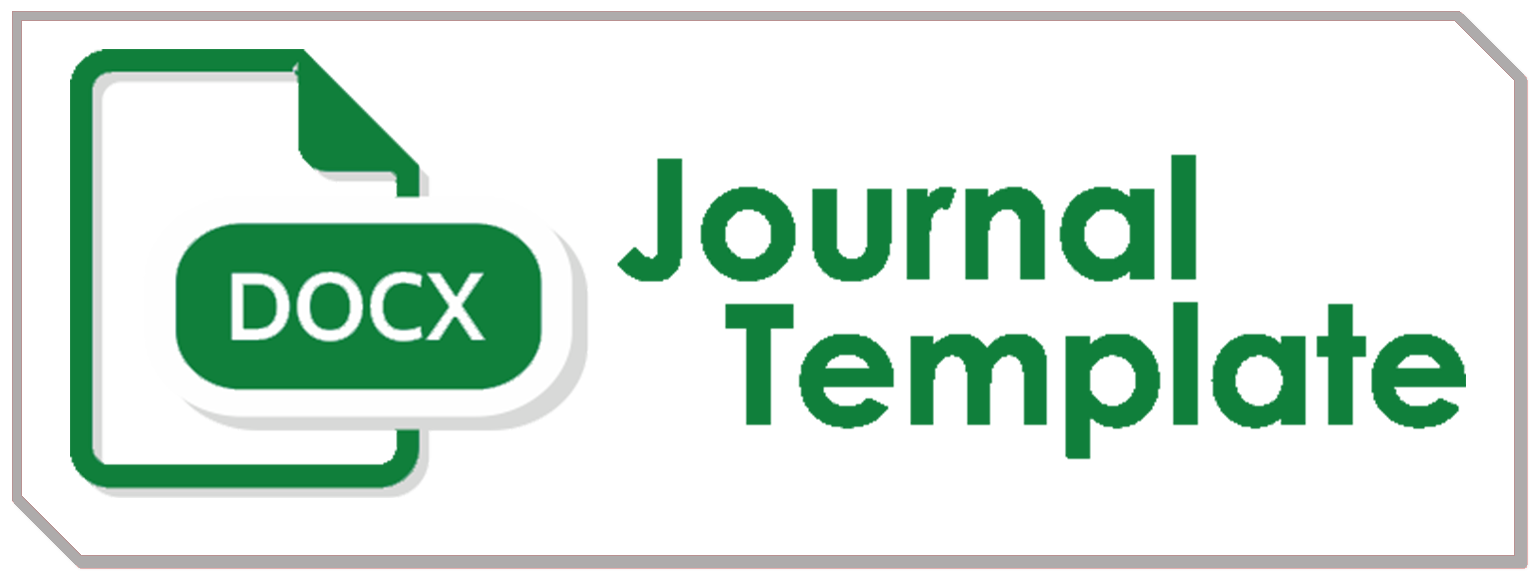Basic Concepts and Methodology of Islamic Economics: Foundations of a Fair Economic System Amid Global Injustice
Keywords:
Islamic Economic, Bank interest, maqasid syariahAbstract
This article aims to review the basic concepts and methodologies in Islamic economics as a response to increasing inequality and systemic crises in the modern global economic system. By integrating the bayani, burhani, and irfani approaches, Islamic economics provides an alternative paradigm that is not only normative but also applicable and rational. This article also compares the conventional bank interest system with Islamic finance principles, accompanied by an analysis of the Indonesian government's response to financial access inequality. This study encourages an open approach to the development of Islamic economics rooted in maqasid sharia values and adaptive to innovation. The results of this study show that Islamic economics has great potential to emerge as a fair, sustainable, and relevant economic system in the digital age.
Downloads
References
Ahmed, H. (2022). The Role of Zakat in Reducing Economic Inequality: Evidence from Indonesia, Malaysia, and Sudan. Islamic Economics and Finance Journal, 9(3), 112-126.
Alam, S. & Rahman, A. (2020). The Development of Micro and Macro Islamic Economics: Challenges and Future Directions. International Journal of Islamic Economics, 35(2), 120-136.
Ali, F., & Javed, M. (2021). The Role of Islamic Finance in Global Economic Justice: A Theoretical and Practical Perspective. Journal of Islamic Economics, Banking and Finance, 17(2), 132-148.
Al-Qudah, A. (2021). Integrating Islamic Epistemology with Quantitative Methods: A Path Toward Modernizing Islamic Economics. Journal of Islamic Economic Studies, 29(4), 98-114.
Al-Qudah, A., Zaid, A., & Khan, M. A. (2020). Corporate Governance in Islamic Finance: Ethical Practices and Their Impact on Market Stability. Journal of Financial Ethics, 11(4), 189-204.
Alsadi, N. (2025). The Convergence of Blockchain Technology and Islamic Economics: Decentralized Solutions for Shariah-Compliant Finance. arXiv preprint. https://arxiv.org/abs/2501.02263
Alshammari, A. F., Alhajji, A. M., & Khan, Z. (2021). Islamic Finance and Its Role in Reducing Financial Instability in Global Markets. Journal of Islamic Finance, 20(3), 215-230.
Ascarya, & Yumanita, R. (2020). The Development of Baitul Maal Wat Tamwil (BMT) in Empowering the Poor: A Case Study in Indonesia. Journal of Islamic Economics and Finance, 6(2), 215-228.
Asutay, M., & Yilmaz, I. (2021). Financial Inclusion and Islamic Finance: The Role of Maqasid al-Shariah. Review of Islamic Economics, 28(1), 105–130.
Central Statistics Agency. (2023). Indonesia's Gini Index 2023. https://www.bps.go.id
Chapra, M. U. (2000). The Future of Economics: An Islamic Perspective. Leicester: The Islamic Foundation.
Chapra, M. U. (2021). Islamic Economics and Sustainable Development: An Integrated Approach. Routledge.
Credit Suisse Research Institute. (2023). Global Wealth Report 2023. https://www.credit-suisse.com/about-us/en/reports-research/global-wealth-report.html
Farooq, M. O. (2020). Islamic Economics: A New Way Forward in a Globalized World. Journal of Economic Perspectives, 34(1), 10-24.
Fatmawati, F. (2023). Comparative Analysis of Monetary Functions in Islamic and Conventional Economic Systems. Journal of Islamic Economics Management and Business (JIEMB), 5(1). https://doi.org/10.21580/jiemb.2023.5.1.20425
Hanafi, S. M., & Syarifah, L. (2022). Islamic Economics Seen from the Philosophy of Science and Integration-Interconnection Paradigm. Global Review of Islamic Economics and Business, 10(1). https://doi.org/10.14421/grieb.2022.101-07
Haneef, M. A. (1997). Islamic Economic Thought: A Methodological Approach. The Islamic Foundation.
Hasan, Z., & Ali, M. (2022). Reassessing Islamic Economic Framework in Contemporary Contexts. Journal of Islamic Economics and Finance, 5(1), 25-40.
Hassan, M. K., & Maulana, A. S. (2020). Islamic Financial Instruments: A Sustainable Approach to Financial Stability. Islamic Economic Studies, 28(2), 142-158.
Islahi, A. A. (2022). Islamic Economic Methodology and Its Practical Relevance Today. International Journal of Islamic Economics, 4(2), 77–90.
Khan, A. M., & Usmani, M. A. (2022). The Spiritual Dimension of Islamic Economics: Ethical Practices and Global Impact. Islamic Economics Review, 15(3), 91-105.
Khan, F., & Mirakhor, A. (2022). Islamic Finance: Theory and Practice in the Age of Digital Transformation. Wiley.
Khan, M. S. (2021). Visionary Solutions in Islamic Economics: Bridging the Gap Between Theory and Practice. Islamic Economics Review, 39(1), 21-45.
Mirakhor, A. (2022). Expanding the Horizon of Islamic Economics: Beyond Finance and Banking. Journal of Islamic Finance and Economics, 15(3), 204-220.
Mohammad, M., & Ahmed, S. (2023). Mathematical Modeling of Zakat Distribution: Efficiency, Equity, and Sustainability. International Journal of Islamic Economics, 28(2), 87-101.
Nasution, H. (2021). Integration of Bayani, Burhani, and Irfani Approaches in Islamic Economics. Indonesian Sharia Economics Journal, 11(2), 123–136.
Omar, N., & Raza, S. A. (2022). The Role of Zakat in Reducing Poverty and Inequality: Evidence from Muslim Countries. Journal of Islamic Economics, 37(1), 54-68.
Rofik, M., Boulanouar, Z., Yuli, S. B. C., & Wardani, D. T. K. (2025). Revisiting the Impact of Islamic Finance on Economic Growth: A Decomposition Analysis Using Indonesia as a Testing Ground. International Journal of Islamic and Middle Eastern Finance and Management. https://doi.org/10.1108/IMEFM-06-2024-0288
Saadatirrohmi, S. A., Harsono, P., & Bakri, A. A. (2024). Transformation and Innovation in Islamic Economics: Responding to Challenges in the Digital and Globalization Era. Journal of Islamic Economy, 1(3), 11–18. https://doi.org/10.62872/m12p3y52
World Inequality Report 2022. Available at: https://wir2022.wid.world
Downloads
Published
How to Cite
Issue
Section
License
Copyright (c) 2025 Hafidza Sanshia Arum, Ichsanul Reihan Adel, Mahyarni

This work is licensed under a Creative Commons Attribution-ShareAlike 4.0 International License.










